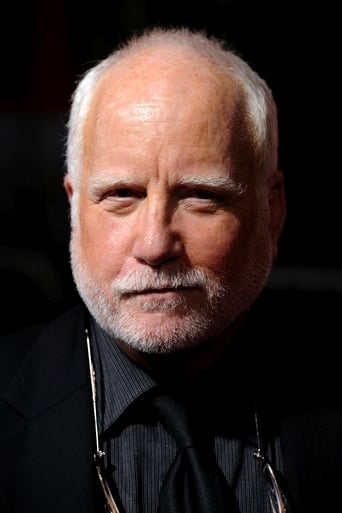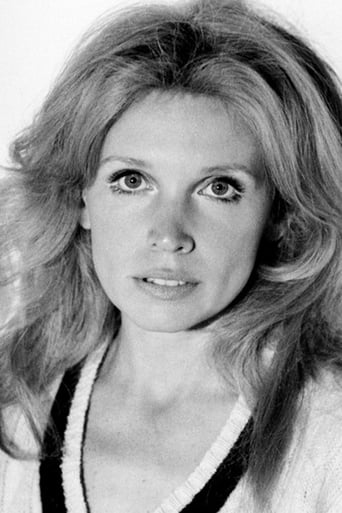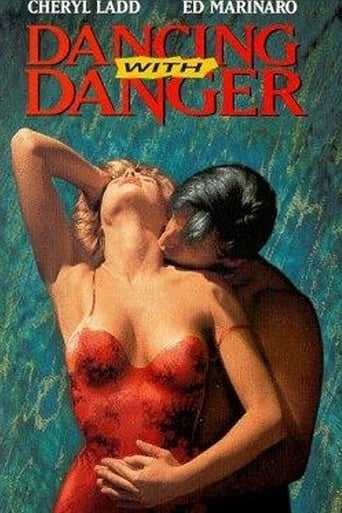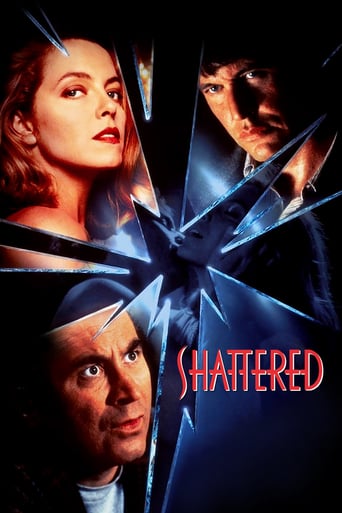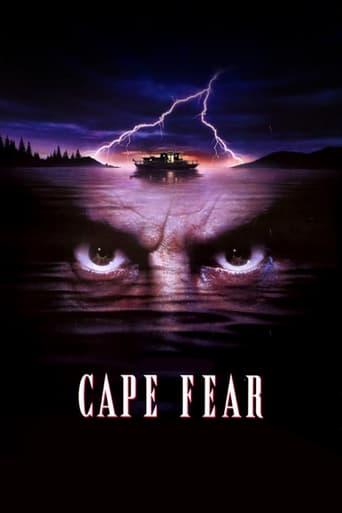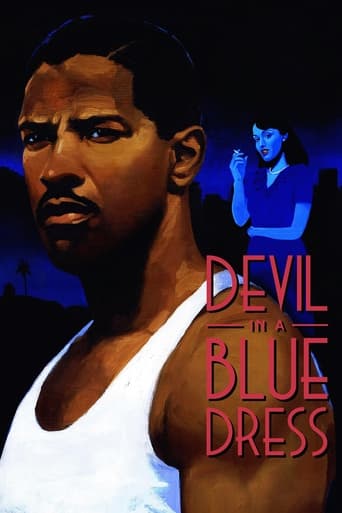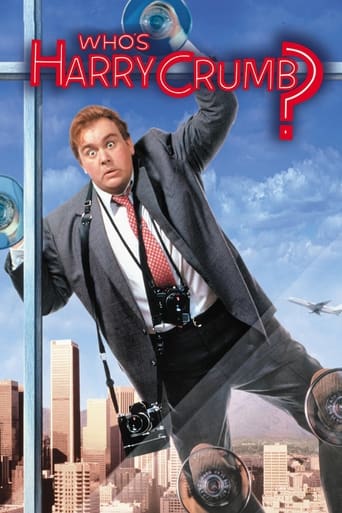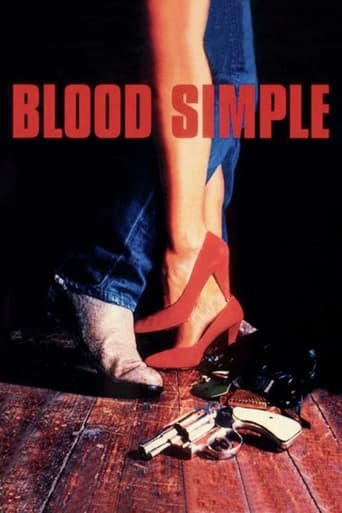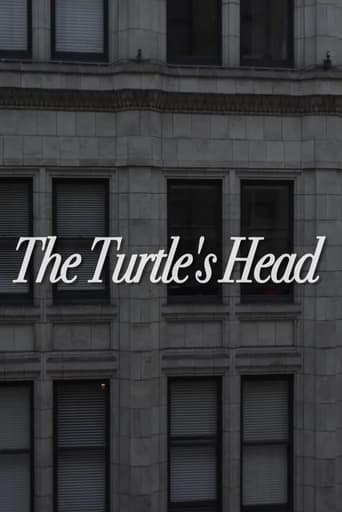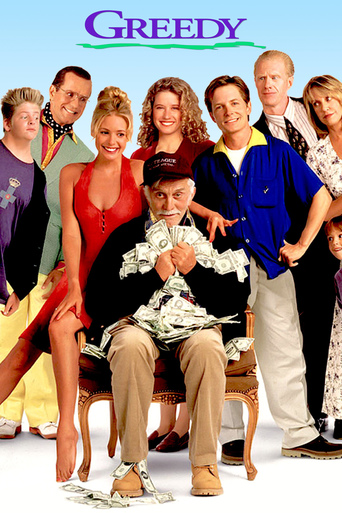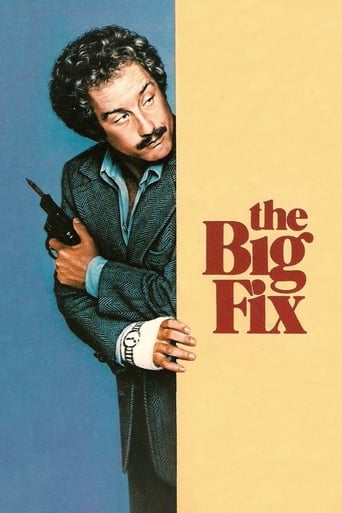
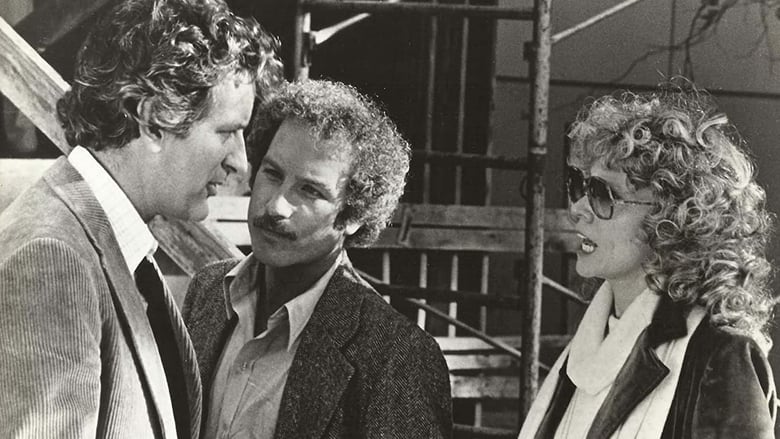
The Big Fix (1978)
Private detective Moses Wine is hired by his former college girlfriend to investigate a political smear campaign and he sets out to find out who is responsible, with deadly results.
Watch Trailer
Cast


Similar titles
Reviews
If you don't like this, we can't be friends.
Fantastic!
This is one of the few movies I've ever seen where the whole audience broke into spontaneous, loud applause a third of the way in.
A great movie, one of the best of this year. There was a bit of confusion at one point in the plot, but nothing serious.
Roger L. Simon adapted his own novel about how the wonderful/volatile, idealistic 1960s evolved into this cynical age, the corrupt and immoral 1970s. One-time student activist from Berkeley, now a weekend-dad working as a private eye, becomes involved in a case of political dirty pool when the liberal elect for California's governor is falsely implicated in a partnership with a fugitive radical. Star Richard Dreyfuss, one of the top actors at the time (following "Close Encounters of the Third Kind" and his Oscar win for 1977's "The Goodbye Girl"), also co-produced this mystery yarn, turning it into a wan and wholly unconvincing actor's showpiece. Sporting a shaggy, curly hairstyle and a thick mustache, Dreyfuss isn't quite at home in these plastic, fake-noir surroundings--he doesn't even try to assimilate himself. Whether he's fighting with his ex-wife or romancing a former girlfriend, the actor is relying on externals and shtick (that of a raffish Jewish snookums) to take the place of a performance, something which director Jeremy Paul Kagan appears to be complicit with. Dulled-out and bland, the picture certainly isn't helped by Bill Conti's obtrusive music, nor by Frank Stanley's muddy cinematography. A minor hit, the film was soon forgotten in the wake of Dreyfuss' hot streak coming to an end. *1/2 from ****
Summary is a small point but typical of this poorly thought out script/story. *When Wine knocks on Eppis's door he's shown in because he's mistaken for a soccer coach who's there to instruct Eppis' young son. Sometime later, the world's worst hit men show up, but Eppis' kid is still there. What happened to the soccer coach?World's worst hit men? It's daylight in an upscale California suburb but without any inquiry the two "pro" killers start machine gunning......the outside of the house with no one in sight!Speaking of Eppis, he's being sought for serious crimes committed during *the sixties but is a flamboyant and successful ad man or publicist, hardly a good cover for someone of his notoriety. Oh yes, Eppis is seen, multiple times, in news footage of perhaps no longer than ten years previously. Then he looked a bit like Geraldo Rivera. Well, since in 1974 (the time of the movie, which one character sets by saying, 'I haven't seen so-and-so in six years,since back in '68', Eppis is played by Murray Abraham, he not only must have had plastic surgery, but cranial surgery as well; he doesn't remotely resemble his earlier (and shown) self.We also have Sam, the campaign manager, very public, very visible, Procari, Jr.(John Lithgow), the son of the wicked, super wealthy, super right wing, Procari, Sr. (Fritz Weaver), who a few years earlier had bankrolled a radical group who apparently committed crimes of such enormity that two their members are in prison for life, no parole. Well, doesn't someone, anyone, recognize the long missing (suposedly) Sam, Procari, Jr.? And speaking of being sent to prison for life, how does Eppis, shown in Federal custody in the sixties and found guilty at the same time as the others, escape being sent to prison? This is never dealt with nor explained.Wine's two young children are given dialog that no child this side of Hollywood would ever think of saying and the scenes with them and Wine make one reach for one's pistol.Finally, though there's so much more false and bad in the movie to be mentioned, the main evil second banana, Pak Chung (?), is shown operating an extremely sophisticated remote electronic guidance system that allows him to drive, at a great distance, a van loaded with explosives. When confronted by Wine, known to Chung as a private detective whose once- again girlfriend his group has beaten to death.....confronted with an obviously angered Wine, with a gun drawn, this clever rascal MAKES A CLUMSY MOVE TO ATTACK AND IS SHOT TO DEATH!. What a truly poorly written, ugly movie.
The Big Fix is a mystery that does not answer every question that it raises, but it nails the Zeitgeist of the late 60's from a vantage point 10 years later. I have only seen it once, when it first came out and I have looked for it ever since.The story is slow to develop with Moses Wine (Dreyfuss) having trouble with seemingly every aspect of his life. We learn that he feels displaced in time, and cannot get past the radical time in his life. I and many others have had those same feelings in the 35+ years since.The sense of confusion and struggle fits exactly the feelings many of us experienced at the time. Taught to respect the police by our Greatest Generation parents, we often found that we were at the top of the police list of suspects for anything from subversion to bad manners and bad dress. The sense of alienation that I felt at the time permeates the viewing. I may have read too much of myself into it; if so, The Big Fix evoked it from my own life.Best scenes without spoiling the story: Leon Redbone's "I Wanna Be Seduced" while Moses gets ready for a date with Lila Shay (Anspach).Moses at the TV station reviewing scenes of past demonstrations; the images are shown projected on his face. No real detail is visible except the tears on his cheeks. Powerful.The reunion of old friends as they dance around the swimming pool of the house that was built by selling out the old radical values.Finally, a sense of something incomplete at the end. The mystery solved, but every question not answered. How true to life!
When it was released in 1978, there was already a distance built into The Big Fix, based on a detective novel set in the ashes of the counterculture. The story had been commissioned by Rolling Stone magazine from Roger L. Simon, who wrote the script. On its release, the film was already drawing on images of the late 60s that had ceased to be memories but had already entered a misty mythology. Richard Dreyfuss, fresh from the Spielberg hits (Jaws, Close Encounters of the Third Kind) that had made him a star. not to mention his Academy Award for The Goodbye Girl), plays Moses Wine, aonetime rebel who has fallen on hardtimes. His wife, Bonnie Bedelia, has divorced him (though he dotes --rather tiresomely -- on his two sons), and he earns his keep as aprivate investigator when not smoking up and playing solitaire Clue in his -- there's no other word -- "pad." Operatives of a political campaign sign him on to find out who is waging a dirty-tricks campaign to link their candidate to a legendary radical, now disappeared deep into the underground. The story has some interesting twists, particularly those involving Susan Anspach, John Lithgow and F. Murray Abraham, but the plot tends to disappear into holes here and there, as though told in a marijuana haze. Viewed in the new millennium, The Big Fix unfolds behind two scrims of nostalgia: The one in the story itself, where 60s has-beens, unhappy with how the world has turned, yearn for barricades and love-ins; and the one revealed by the talents who made the movie, where that yearning for the heady days of the counterculture -- Berkeley! Vietnam! Hash brownies! -- has developed its own, peculiarly fusty period flavor.


